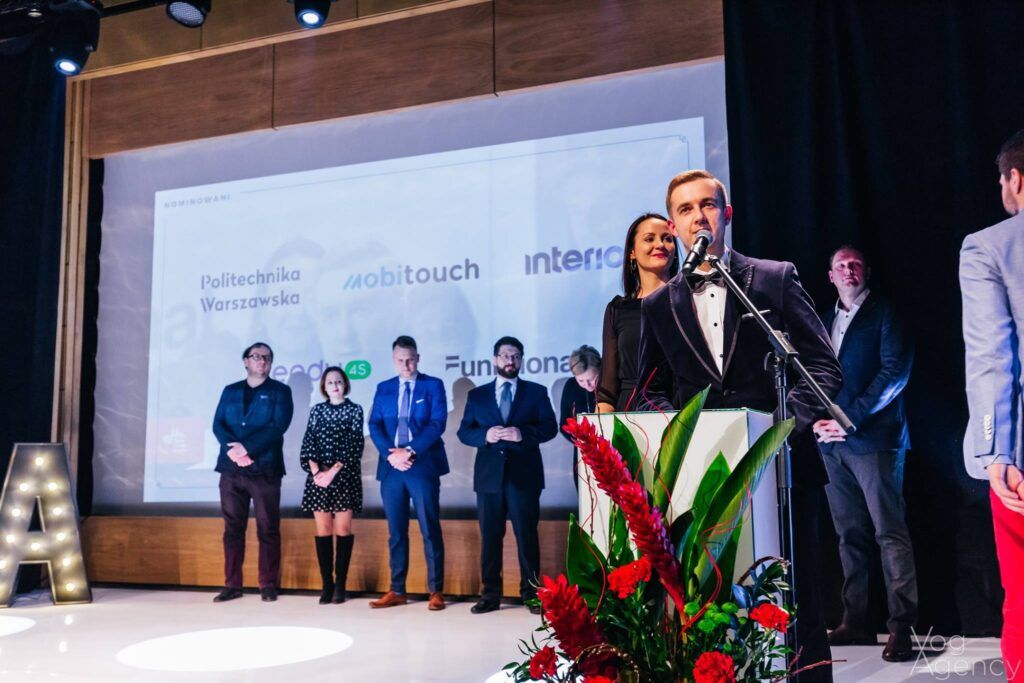Three quarters of companies in Poland use only their own server rooms
Enterprises in Poland most often process data on their own servers, less often decide on a hybrid model or only on colocation services – according to a study conducted for Vertiv by ARC Rynek i Opinia. Respondents see a need to expand data center infrastructure – either own or colocated. Its development would primarily involve the implementation of devices for infrastructure monitoring and remote access, as well as additional elements ensuring power supply continuity.
Companies bet on their own server rooms
Three quarters of the representatives of the surveyed enterprises declared that they use their own server rooms only. This state of affairs is mainly due to the will of persons responsible for data management in companies – they do not want to give up their own servers (72%) or the profile of the company does not allow for taking the infrastructure outside (42%). Concerns about the security of servers outside the company headquarters (37%), as well as about the costs associated with colocation (26%). Much also depends on the scale of operations – 35% of respondents felt that it was too small for them to need colocation services.
Data secure in colocation
It is worth noting that companies that have decided to colocate do not have security concerns. On the contrary, as many as 62% of them emphasized that in this model they have increased physical protection of data. They also drew attention to the fact of having a backup data center (58%) and were motivated by the desire to reduce costs (27%).
Every fifth surveyed company decided to implement a hybrid model, i.e. to maintain both its own servers and to use colocation services. In this case, the need to protect selected data was emphasized above all (71%). Enterprises also point out the limitations of not being able to expand their own server rooms, and some treat the hybrid model as a temporary solution when they temporarily need additional servers for a specific period of time.
There will be changes, but they are not the result of a pandemic
Participants of the Vertiv survey also indicated the directions of development of data center infrastructure. It is worth noting that in the unanimous opinion of respondents, the COVID-19 pandemic did not cause any significant changes in the infrastructure.
Instead, companies see the need to implement changes in infrastructure in the near future (55%). First of all, it concerns the replacement of current devices with newer ones (79%). There was also a strong need, especially among companies using colocation, both to monitor the infrastructure (67%) and to have tools allowing remote access to it (78%). Respondents also indicated that it would be necessary to purchase new hardware – e.g. UPS systems (52%) or additional racks (31%).
– Last year put the IT infrastructure of companies to an exceptional test and, even if they came out of it unscathed, it does not mean the cessation of plans for expansion. While 2020 was all about responding to the new situation as pandemic mitigation, in 2021, companies may already be back to planning for long-term infrastructure development to ensure proper security and access to critical data and continuity of service for their customers – a says Piotr Wójcik, Director of Sales Department. Key Customers in Poland and the Baltic States in Vertiv.
A competence gap is coming
Pandemic also did not have a significant impact on the level of employment on IT positions in Poland. As many as 95% of companies left it unchanged. Additionally, as many as 60% of respondents felt that their companies had the right staff to manage and expand their network infrastructure. However, experts have serious doubts whether this optimism is justified. Because IT professionals often choose areas of work and development other than data centers. In addition, the development of the data center sector in Poland, as announced by experts, will result in increased demand for highly specialized personnel. – The growing skills gap in the IT industry, including the data center segment, is a fact widely discussed in the management community and will become more apparent as new technologies rapidly evolve – points out Gerard Dermont, Director of Data Center. Regional Sales Manager for Poland and the Baltics at Vertiv – In the Vertiv study “Data Center 2025: Closer and Closer to the Edge,” conducted among data center employees, 16 percent. Respondents said they would retire by 2025. It is therefore essential to prepare new staff already at university level to meet the growing demand for recruiting engineers.
Research Methodology
The survey was conducted on behalf of Vertiv by ARC Rynek i Opinia in April and May 2021. Participants included 110 IT department employees from companies in Poland employing more than 50 people, who have knowledge about data processing in their enterprise. Entities entirely outsourcing IT services were excluded from the study.





